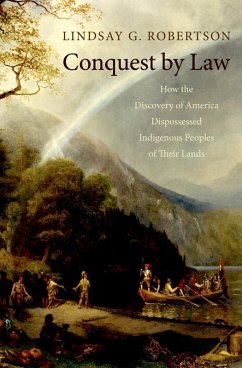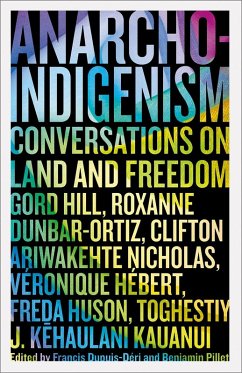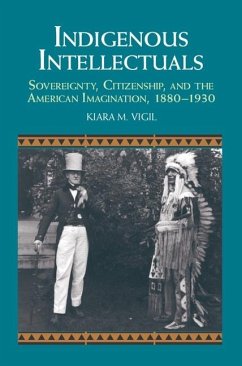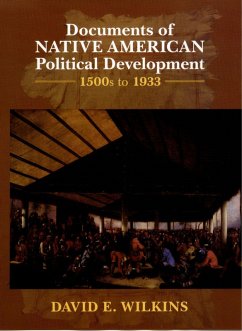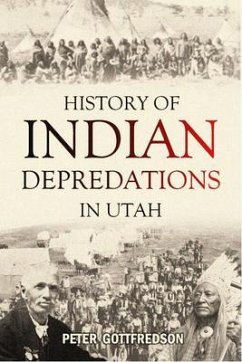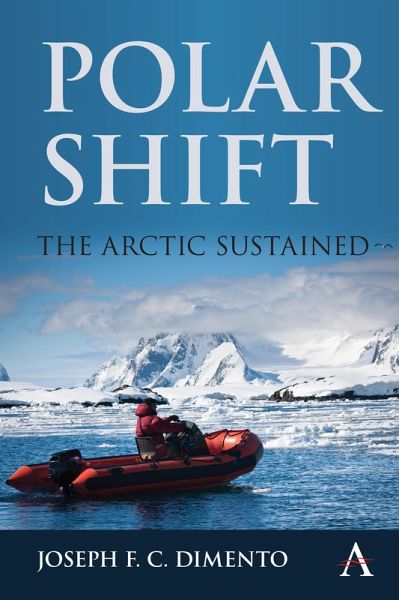
Polar Shift: The Arctic Sustained (eBook, ePUB)
Versandkostenfrei!
Sofort per Download lieferbar
20,95 €
inkl. MwSt.
Weitere Ausgaben:

PAYBACK Punkte
10 °P sammeln!
Polar Shift addresses how to sustain the Arctic's richness, beauty, and local and global value. Its core describes programs specifically created to protect this region: the great inventory of law, policy, and civil society activity targeting sustainability of the region. It presents the Arctic's environmental health very broadly understood and competing ideas of how it can be maintained or improved with specific recommendations. This is a book about the Arctic's past and how it was envisioned, about its environment, its people, and their cultures.Polar Shift describes how the changing of the A...
Polar Shift addresses how to sustain the Arctic's richness, beauty, and local and global value. Its core describes programs specifically created to protect this region: the great inventory of law, policy, and civil society activity targeting sustainability of the region. It presents the Arctic's environmental health very broadly understood and competing ideas of how it can be maintained or improved with specific recommendations. This is a book about the Arctic's past and how it was envisioned, about its environment, its people, and their cultures.
Polar Shift describes how the changing of the Arctic matters and to whom. It asks: Is it of serious concern if the Arctic becomes warmer? If its glaciers shrink away and its polar bears are found in zoos only? If cultures and traditions based on cold are changing? Is it acceptable if cultures adapt to a less cold world?
What if it's warming, thawing, melting, and other changes reflect significant global environmental shifts? What if the Arctic's instability affects society as a whole: if it bodes for bad changes: sunken cities throughout the world, cultural practices precluded, traditions and languages lost, species gone extinct, major metropolitan areas so hot as to be unlivable, and massive movements of people from inhospitable regions?
Why does it matter which countries are considered Arctic nations? Countries want to be seen as Arctic for several reasons. They may want access to a boom of extractable resources: oil, gas, and special metals. Some nations have a deep interest in protecting the Arctic, preserving what is pristine, and improving what is threatened. And some want to influence major international transit routes and rules for going through them to save time and money for international trade. Nations also view the region for significant security and military concerns. Who has and should have a decision-making say on these questions is a matter of high global stakes.
Polar Shift describes how the changing of the Arctic matters and to whom. It asks: Is it of serious concern if the Arctic becomes warmer? If its glaciers shrink away and its polar bears are found in zoos only? If cultures and traditions based on cold are changing? Is it acceptable if cultures adapt to a less cold world?
What if it's warming, thawing, melting, and other changes reflect significant global environmental shifts? What if the Arctic's instability affects society as a whole: if it bodes for bad changes: sunken cities throughout the world, cultural practices precluded, traditions and languages lost, species gone extinct, major metropolitan areas so hot as to be unlivable, and massive movements of people from inhospitable regions?
Why does it matter which countries are considered Arctic nations? Countries want to be seen as Arctic for several reasons. They may want access to a boom of extractable resources: oil, gas, and special metals. Some nations have a deep interest in protecting the Arctic, preserving what is pristine, and improving what is threatened. And some want to influence major international transit routes and rules for going through them to save time and money for international trade. Nations also view the region for significant security and military concerns. Who has and should have a decision-making say on these questions is a matter of high global stakes.
Dieser Download kann aus rechtlichen Gründen nur mit Rechnungsadresse in A, D ausgeliefert werden.






